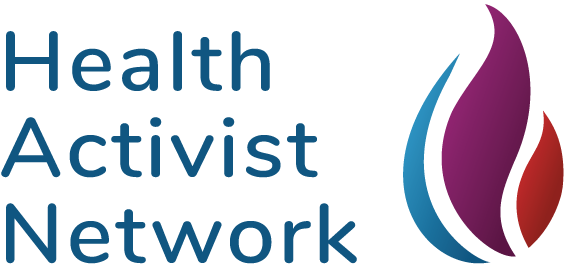Privacy settings may have prevented some items from showing.
Please update your search criteria and try again
According the a recent study in the New England Journal of Medicine, 96% of executives, clinical leaders, and clinicians agree that physician burnout is a serious problem in health care. More than 50% of all physicians including residents suffer from burnout. Coupled with a projected shortage of 50,000 physicians by 2020, this degree of burnout will continue to impact quality, access to care and patient safety. There have been many studies that have linked physician stress to medical errors (3rd leading cause of death in the U.S.). Decreased quality of care has been cited as the leading reason to address physician burnout.
Despite the recognition that physician burnout is a serious and growing threat to our health care system, there is very little that is being done to mitigate this problem. The answers include both organizational changes that allow physician to function at the top of their licensure as well as personal strategies targeting increased resilience and better stress management.
Mindfulness-based interventions can be a powerful tool for decreasing physician burnout and improving overall health and well-being, with a positive effect on patient safety and quality of care. Mindfulness refers to the ability to pay attention to the present-moment with acceptance and receptivity and mindfulness interventions have been shown in initial studies to reduce stress and burnout.
What is particularly exciting is that we have collaborated with David Cresswell from Carneige Mellon University whose lab is one of the first groups to show that mindfulness interventions can improve brain stress resilience circuits and biomarkers of stress-related disease in multiple patient populations (Creswell et al., 2016). This work has had substantial impact and resulted in well-publicized coverage in fora such as the New York Times, the Los Angeles Times, and the Today Show.
We have formed Pittsburgh based initiative that focuses on physician wellness and patient safety. This initiative includes a unique collaboration between Carnegie-Mellon researchers and UPMC physicians. We will conduct a landmark study investigating the effects of a brief mindfulness based intervention to improve brain stress resilience circuits and biomarkers of inflammation among a high-stress physician population. We hope to publish the results in top journals and more importantly promote our region as a leading innovator in improving physician wellness and patient safety. Given the vast expertise of healthcare, research and medical education in Western PA, our study will have significant local and national impact for both physicians and patients.
